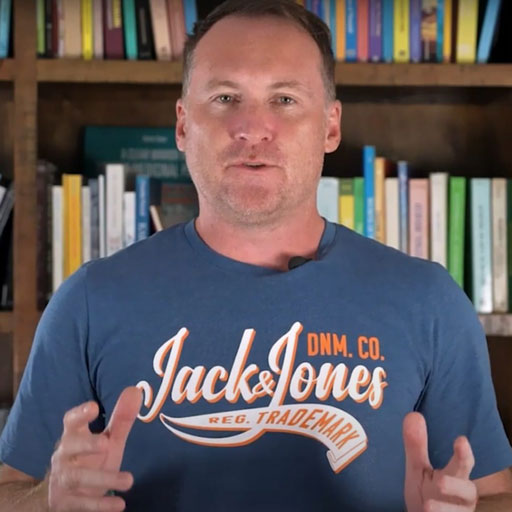Acceptance and Commitment Therapy (ACT) offers a distinctive approach to anger management that can be particularly effective for men, differing significantly from traditional anger control methods. Rather than focusing on suppressing or eliminating angry feelings—which many men find unrealistic or contrary to their experience—ACT emphasizes accepting anger as a natural human emotion while committing to values-based actions regardless of what you’re feeling.
Core ACT Principles Applied to Male Anger Management
Psychological Flexibility with Anger
ACT teaches that the goal isn’t to never feel angry, but to develop flexibility in how you respond when anger arises. For men who may have been taught that anger is one of the few acceptable emotions to express, this approach offers a way to experience anger without being controlled by it or having to fight against it entirely.
Acceptance vs. Control
Traditional anger management often focuses on controlling or reducing anger through techniques like counting to ten or relaxation. Many men find these approaches insufficient when facing intense emotions. ACT instead encourages accepting that anger will sometimes occur while choosing how to respond. You might notice thoughts like “This is completely unfair!” or physical sensations like muscle tension and a racing heart, acknowledge them without judgment, and then decide what action aligns with your values as a man, partner, father, or colleague.
Cognitive Defusion Techniques
ACT helps you create distance from angry thoughts rather than getting “hooked” by them. For example, instead of being consumed by “I need to defend myself” or “They’re challenging my authority,” you might observe “I’m having the thought that I need to defend myself.” This creates space between you and the thought, reducing its emotional charge and opening up different response options.
Values-Based Action
Perhaps most importantly for men, ACT focuses on identifying what matters most to you in relationships and life, then acting according to those values even when angry. If you value being a protective father, you can choose calm, steady responses with your children even when frustrated. If you value being a reliable partner, you can respond thoughtfully during conflicts rather than reactively. This isn’t about eliminating anger, but about acting as the man you want to be regardless of what you’re feeling in the moment.
Mindfulness and Present-Moment Awareness
ACT incorporates mindfulness to help you notice anger as it arises without immediately reacting. For men who may have learned to move quickly from anger to action, this awareness creates crucial choice points where you can pause and consider whether your next action will move you toward or away from what you value most.
Practical Application
When anger emerges, an ACT approach might involve noticing the physical sensations (tight jaw, clenched fists, heat in your chest) and thoughts (“This is disrespectful”), accepting them as temporary experiences, identifying what you value in the situation (being a good father, maintaining respect in your relationship, being someone others can count on), and choosing an action that serves those values rather than just reacting to the emotional impulse.
This approach can be particularly effective for men because it doesn’t pathologize anger or ask you to become someone you’re not, while still promoting healthier responses and stronger relationships. It acknowledges that anger is natural and sometimes justified, while providing tools for responding in ways that align with your deeper values and long-term goals.







